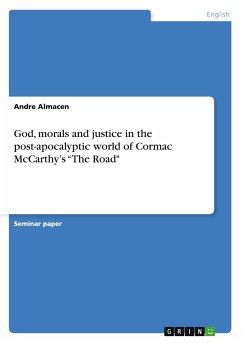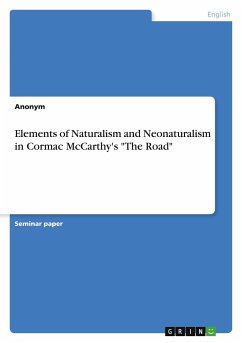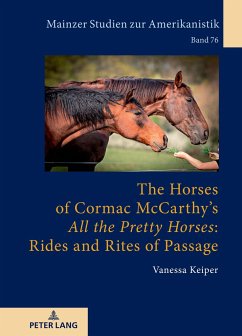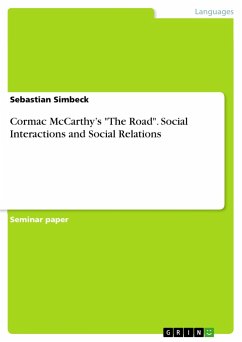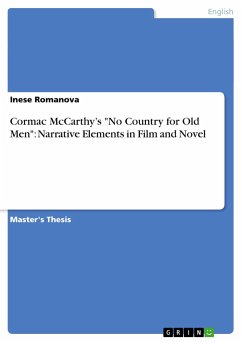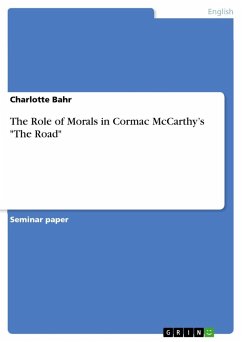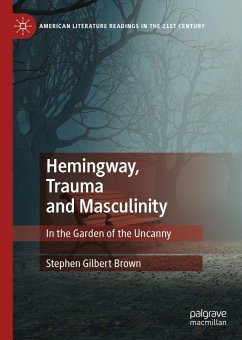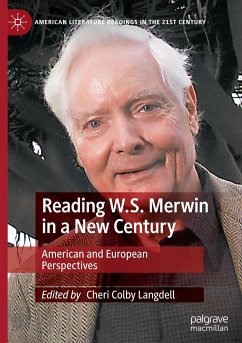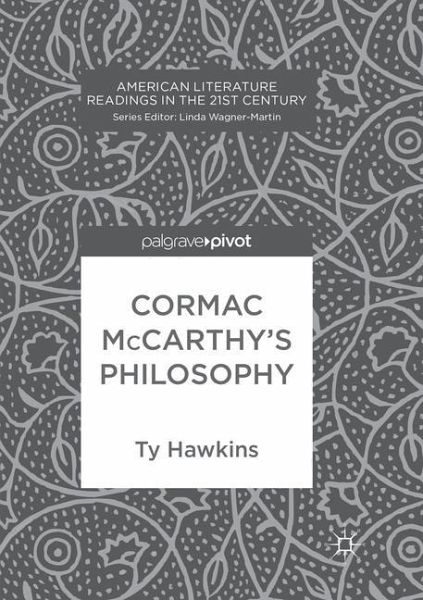
Cormac McCarthy's Philosophy
Versandkostenfrei!
Versandfertig in 6-10 Tagen
46,99 €
inkl. MwSt.
Weitere Ausgaben:

PAYBACK Punkte
23 °P sammeln!
This study contends that American writer Cormac McCarthy not only is philosophical, or a "writer of ideas," but rather that he has a philosophy. Devoting one main chapter to each facet of McCarthy's thought - his metaphysics, epistemology, and ethics, respectively - the study engages in focused readings of all of McCarthy's major works. Along the way, the study brings McCarthy's ideas into conversation with a host of philosophers who range from Plato to Alain Badiou, with figures such as William James, Martin Heidegger, Hannah Arendt, and Slavoj Zizek featured prominently. Situated at the cros...
This study contends that American writer Cormac McCarthy not only is philosophical, or a "writer of ideas," but rather that he has a philosophy. Devoting one main chapter to each facet of McCarthy's thought - his metaphysics, epistemology, and ethics, respectively - the study engages in focused readings of all of McCarthy's major works. Along the way, the study brings McCarthy's ideas into conversation with a host of philosophers who range from Plato to Alain Badiou, with figures such as William James, Martin Heidegger, Hannah Arendt, and Slavoj Zizek featured prominently. Situated at the crossroads of literary studies, literary theory, cultural studies, continental philosophy, and theology, the appeal of Cormac McCarthy's Philosophy is widespread and deeply interdisciplinary.



